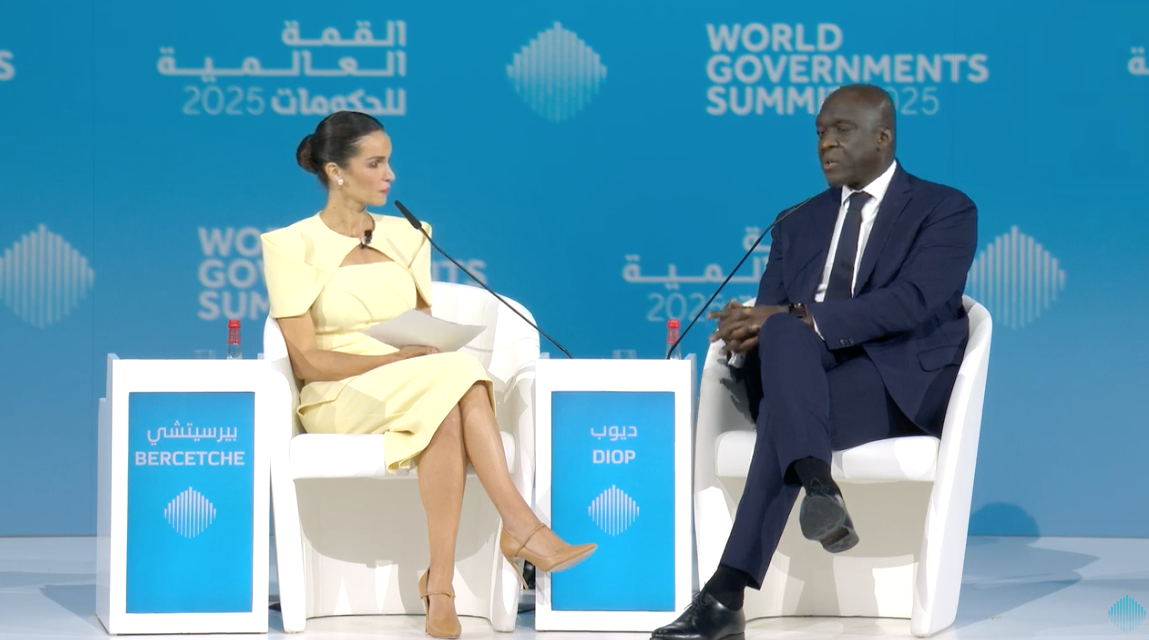BANGKOK: Thailand’s thwarted election winner Pita Limjaroenrat said Sunday he is confident of winning a court case that could see his party dissolved over its pledge to reform the kingdom’s tough royal insult laws.
Pita’s reformist Move Forward Party (MFP) won most seats in last year’s general election, but conservative senators stopped him becoming prime minister partly because of the push to change the laws shielding King Maha Vajiralongkorn from criticism.
The kingdom’s Constitutional Court is considering a petition to dissolve MFP, but on Sunday Pita outlined the party’s nine-point defense, saying he believed the case would not go against them.
“I’m extremely confident with my nine arguments. Our nine arguments focus on the jurisdiction and the process,” he told reporters.
Thailand has a history of judicial intervention in politics and in 2020 MFP’s predecessor party, the Future Forward Party, was wound up by court order over finance issues.
Pita warned that dissolving MFP — the largest single party in parliament — could have serious repercussions.
“That means an attack on democracy,” he said.
“It’s not just me personally, it’s not just the party, but it’s really about the discussion about democratic space here in Thailand.”
Thailand’s election commission asked the Constitutional Court to dissolve MFP in March, after an earlier ruling by the court that the party’s pledge to reform lese-majeste laws amounted to an attempt to overthrow the constitutional monarchy.
The court will hold a hearing in the case on Wednesday, but is not expected to give a ruling.
Pita said the party’s lawyers would argue that the court does not have jurisdiction to rule in the case and that the election commission did not file the petition lawfully.
They will also insist there is no need to dissolve the party, and any penalty imposed should be proportionate.
“We believe that the intention of our MPs in signing the petition to change the law was not an action to overthrow or subvert the institution (of constitutional monarchy),” Pita said.
The dissolution of the Future Forward Party in 2020 was the catalyst for mass youth-led street demonstrations that shook Bangkok for months.
Tens of thousands of protesters took to the streets at the height of the demonstrations, many making unprecedented public criticism of the royal family as well as demands for transparency and reform.
More than 270 people have been charged with lese-majeste in the wake of the protests, including two elected MPs.
Thailand’s royal defamation laws are among the strictest in the world, with each charge bringing a potential 15-year prison sentence, but critics say the law is misused to stifle legitimate political debate.
Thai reformist party ‘confident’ in dissolution case
https://arab.news/cnbde
Thai reformist party ‘confident’ in dissolution case

- Pita Limjaroenrat’s reformist Move Forward Party won most seats in last year’s general election
- But conservative senators stopped him becoming prime minister because of the push to change lese majeste laws



























